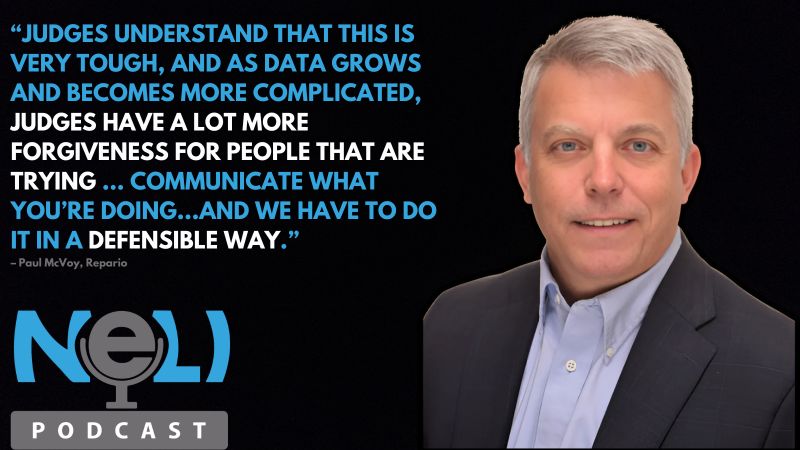FTC and DOJ Update Key Guidelines

Navigating Updated FTC and DOJ Guidelines on Digital Document Preservation
TL;DR: On January 26, 2024, the Federal Trade Commission (FTC) and the Department of Justice (DOJ) announced significant updates to their guidelines concerning the preservation of documents and communications, especially within the context of digital collaboration tools and ephemeral messaging platforms. This move comes in response to the evolving landscape of the modern workplace, where digital tools like Slack, Microsoft Teams, and Signal, which feature automatic message deletion capabilities, have become ubiquitous.
Overview of the Updates
At the core of this announcement is a straightforward yet critical directive: businesses are obligated to retain communications when under investigation or part of legal proceedings, irrespective of the technological means through which these communications occur. This directive underscores the legal mandate to preserve materials that could be pertinent to government investigations or litigation, extending specifically to include modern digital collaboration tools and ephemeral messaging applications.
FTC Bureau of Competition Director Henry Liu and Manish Kumar, Deputy Assistant Attorney General of the DOJ’s Antitrust Division, have articulated that the duty to preserve relevant documents encompasses new modes of communication, including those designed to make messages disappear after a certain period. They emphasized that the evolution of the digital workplace does not absolve companies and individuals from their preservation responsibilities. The updated guidelines serve as a stark reminder that claiming ignorance due to the ephemeral nature of communications is not a viable defense, and failing to adhere to these obligations could lead to severe legal repercussions, including obstruction of justice charges.
The Digital Shift: Opportunities and Challenges
The transition towards digital-first communication strategies offers numerous benefits in terms of operational efficiency and flexibility. However, it also introduces challenges, particularly concerning the automatic and irreversible deletion of data. While these technologies have been covered by FTC and DOJ document requests historically, there has been a noticeable compliance gap, with many companies failing to adequately preserve these types of documents during legal investigations and litigations.
Legal Ramifications and Enforcement Strategies
The implications of non-compliance with these updated guidelines are substantial. The FTC, for instance, has the authority to impose civil spoliation sanctions against companies that fail to meet their document preservation obligations. Furthermore, in cases where non-compliance is deemed egregious, the FTC may refer matters to criminal prosecutors via its Bureau of Competition’s Criminal Liaison Unit. This underscores the gravity with which these agencies view the adherence to preservation requirements in the digital age.
Moreover, today’s announcement highlights the ongoing cooperation between the Antitrust Division and the FTC’s Bureau of Competition in the criminal enforcement of antitrust laws and related legal issues that arise in the context of antitrust actions. It reflects a unified stance on the importance of maintaining the integrity of legal processes in the face of rapidly evolving digital communication technologies.
Conclusion and Forward-Looking Insights
This update marks a critical juncture in the adaptation of legal and regulatory frameworks to accommodate the realities of modern business communication practices. It signals a clear expectation for businesses to diligently manage their digital communications, ensuring that the advent of new technologies does not compromise the efficacy of legal and investigative processes. For businesses, the announcement serves as a clarion call to reassess and potentially revamp their document preservation strategies to ensure compliance with these enhanced guidelines.
Repario Is Ahead of the Game
At our firm, we understand the complexities and challenges that these updated FTC and DOJ guidelines pose to businesses navigating the digital age. Our unique approach to resolving these issues for our clients hinges on leveraging cutting-edge technology and bespoke legal strategies that ensure comprehensive compliance with document preservation requirements. We offer tailored solutions that not only help clients adapt to the use of digital collaboration tools and ephemeral messaging platforms but also ensure that their operations remain robust against legal scrutiny. Our team of experts specializes in implementing proactive measures that anticipate regulatory demands, thereby safeguarding our clients from potential legal repercussions. By partnering with us, businesses can confidently navigate the updated guidelines, maintaining the integrity of their communications and the continuity of their operations in an ever-evolving digital landscape.




